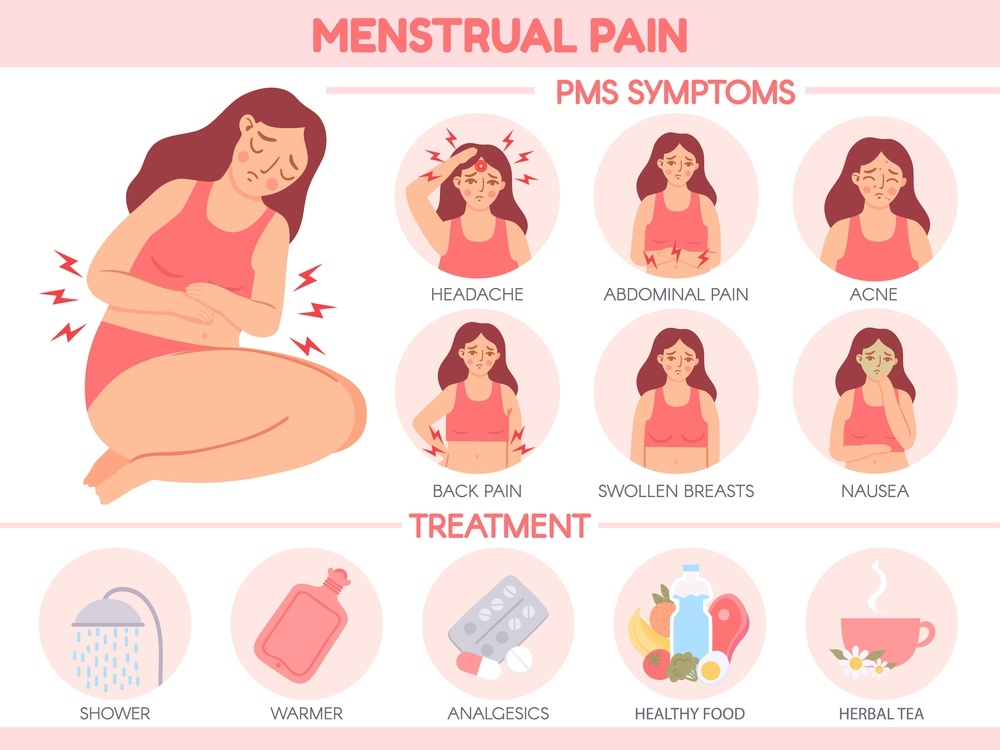Babies who are artificially fed generally have weaker resistance and are more prone to illness compared to babies who are breastfed. There are several reasons for this:
1. No matter how advanced the formula is, it cannot provide the same comprehensive nutrition as breast milk, lacking various immune substances, enzymes, and growth factors. This is the biggest drawback of formula and the main reason for the weak resistance and susceptibility to illness in babies. If the formula is not specifically designed for infants, inadequate proportions or insufficient levels of calcium, magnesium, phosphorus, iron, zinc, and other nutrients can also lead to deficiencies in trace elements, affecting appetite and overall health.
2. Artificial feeding increases the chances of pathogen invasion. The processing of cow's milk or formula and the use of various feeding utensils create opportunities for infection. Especially in hot summers, if disinfection is not thorough or any negligence occurs, babies may get infected with bacteria or viruses and become ill.
3. Babies who are artificially fed receive relatively less maternal love. Studies have shown that babies who are directly breastfed and babies who are fed expressed breast milk through a bottle exhibit differences in mental state and physical development. What about babies who do not receive any breast milk at all? Therefore, mothers should provide more affection for babies who cannot be breastfed.








